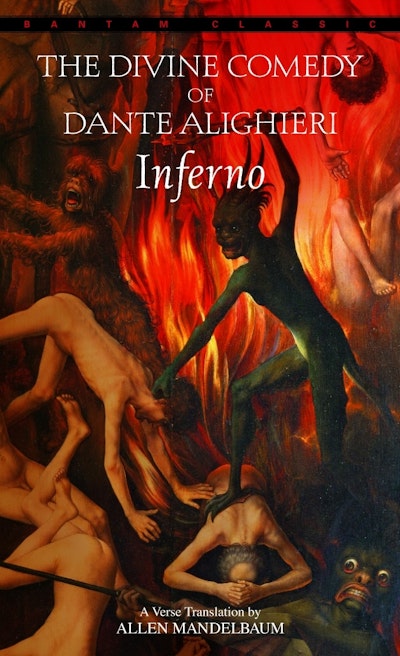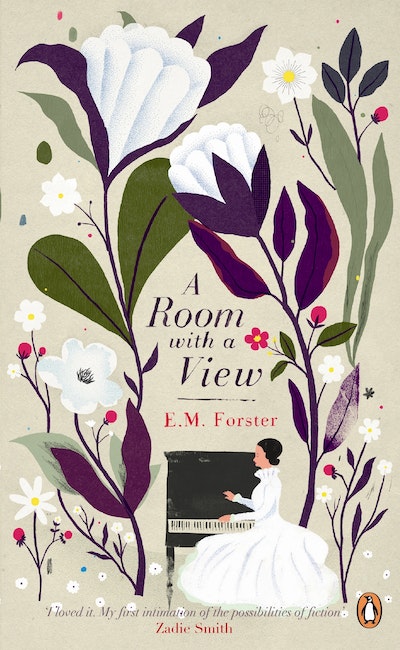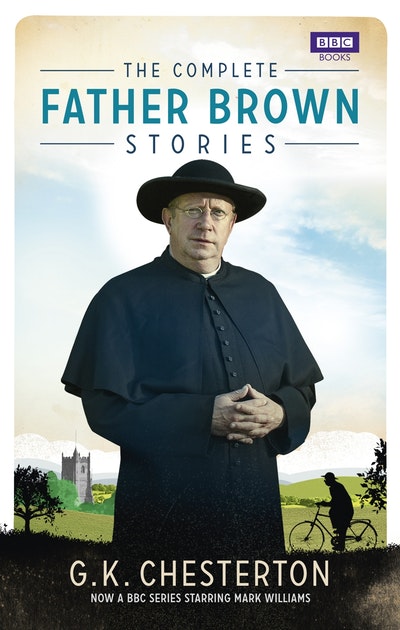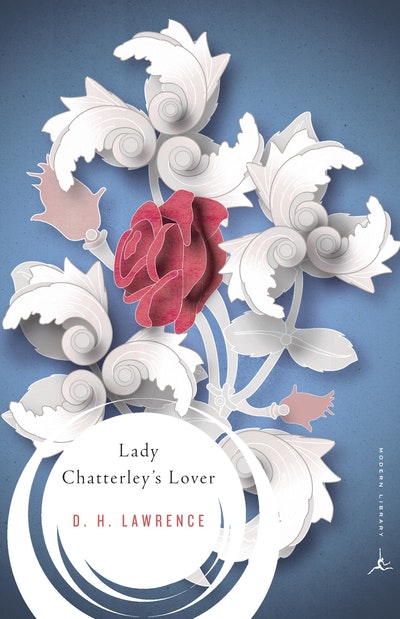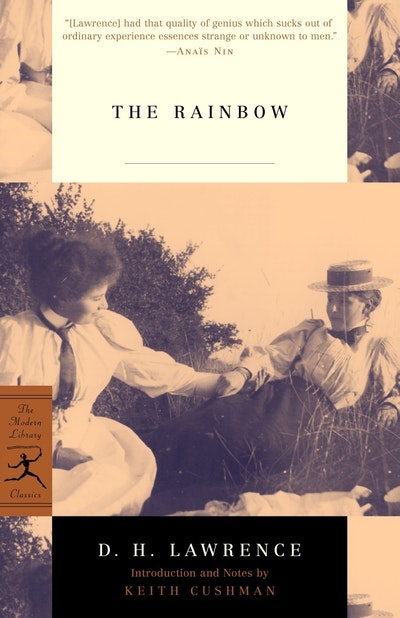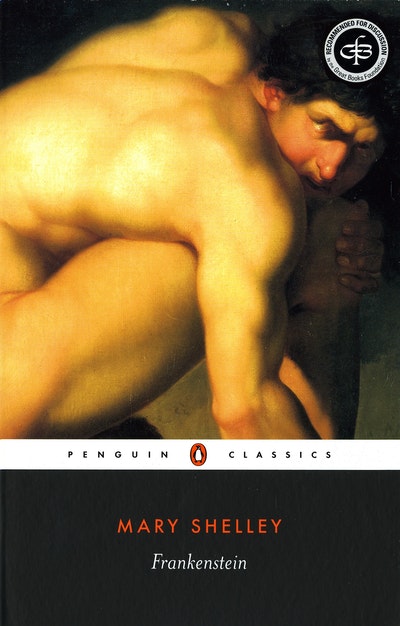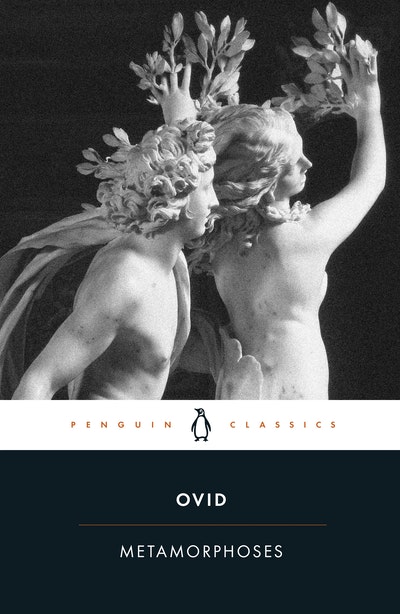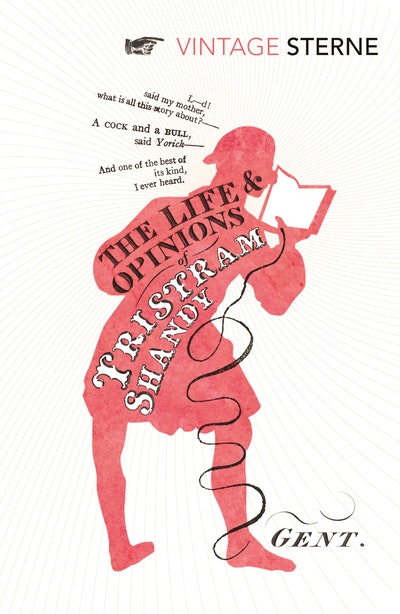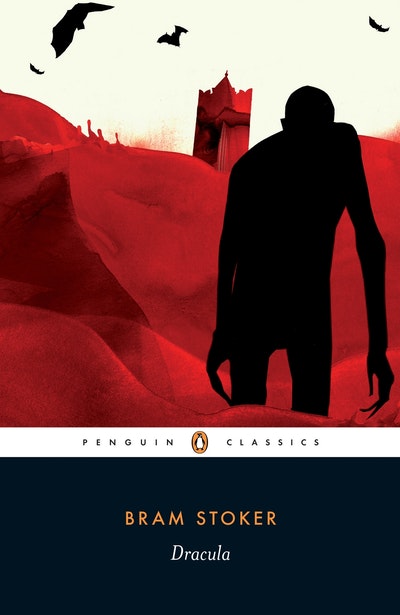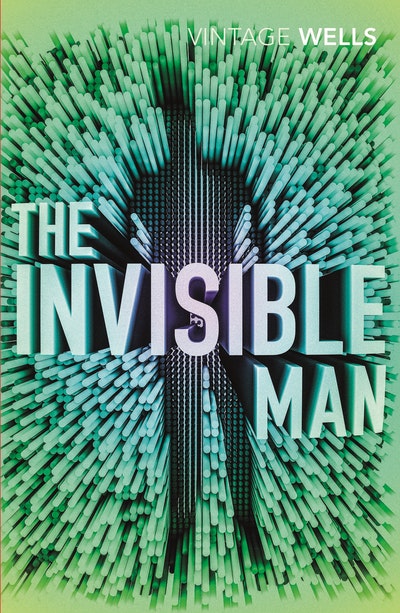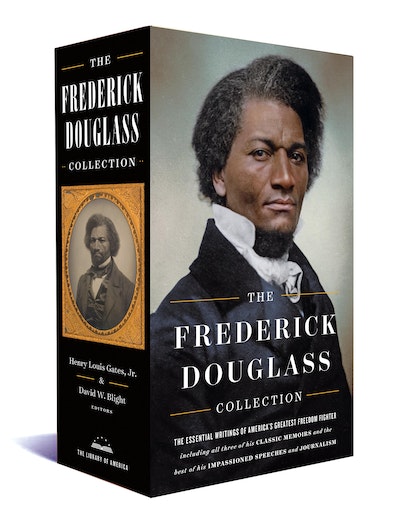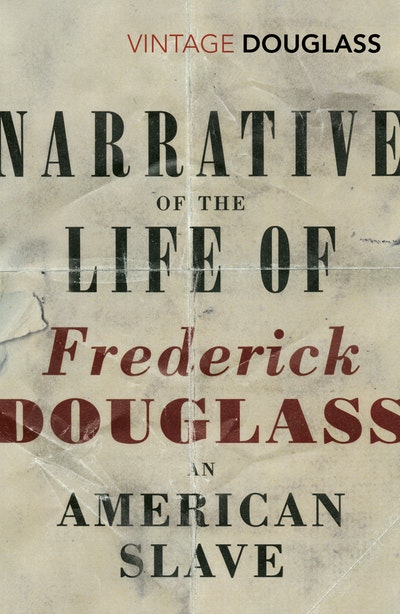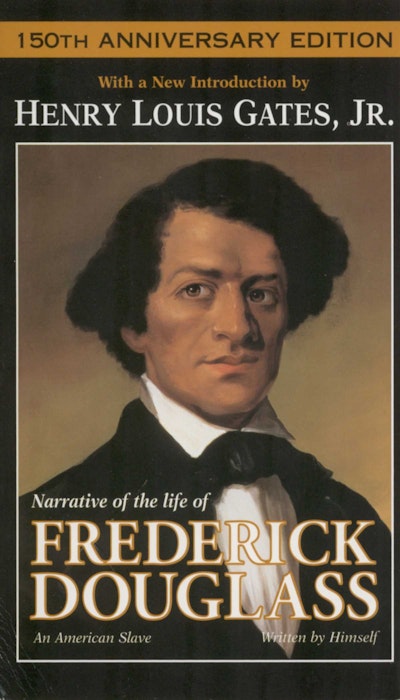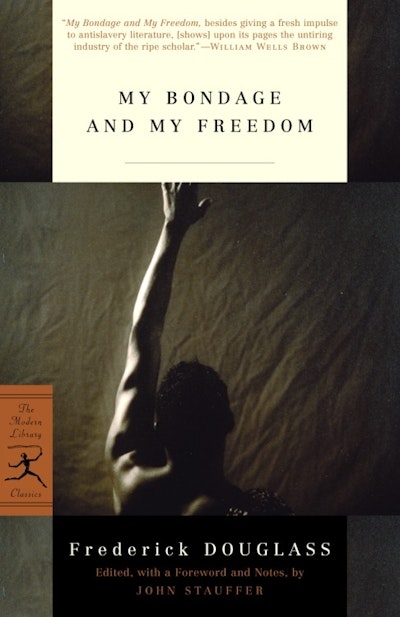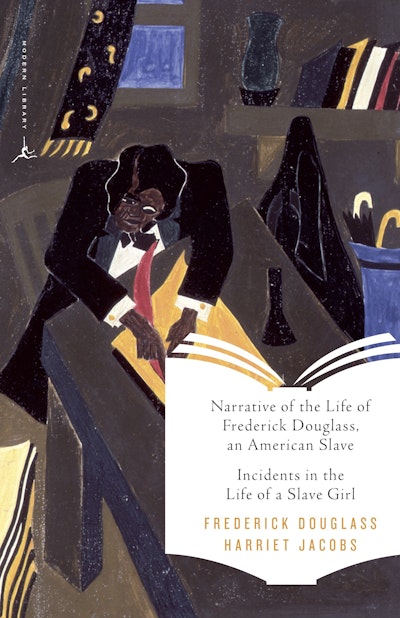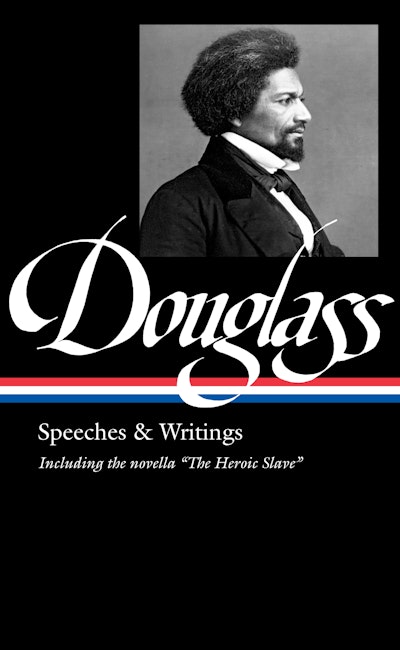- Published: 1 July 2016
- ISBN: 9780143106814
- Imprint: Penguin Classics
- Format: Paperback
- Pages: 640
- RRP: $60.00
The Portable Frederick Douglass
A newly edited collection of the seminal writings and speeches of a legendary writer, orator, and civil rights leader
A new collection of the seminal writings and speeches of a legendary writer, orator, and civil rights leader
This compact volume offers a full course on the remarkable, diverse career of Frederick Douglass, letting us hear once more a necessary historical figure whose guiding voice is needed now as urgently as ever. Edited by renowned scholar Henry Louis Gates, Jr., and Pulitzer Prize–nominated historian John Stauffer, The Portable Frederick Douglass includes the full range of Douglass’s works: the complete Narrative of the Life of Frederick Douglass, as well as extracts from My Bondage and My Freedom and Life and Times of Frederick Douglass; The Heroic Slave, one of the first works of African American fiction; the brilliant speeches that launched his political career and that constitute the greatest oratory of the Civil War era; and his journalism, which ranges from cultural and political critique (including his early support for women’s equality) to law, history, philosophy, literature, art, and international affairs, including a never-before-published essay on Haitian revolutionary Toussaint L’Ouverture.
The Portable Frederick Douglass is the latest addition in a series of African American classics curated by Henry Louis Gates, Jr. First published in 2008, the series reflects a selection of great works of fiction, nonfiction, and poetry by African and African American authors introduced and annotated by leading scholars and acclaimed writers in new or updated editions for Penguin Classics. In his series essay, “What Is an African American Classic?” Gates provides a broader view of the canon of classics of African American literature available from Penguin Classics and beyond. Gates writes, “These texts reveal the human universal through the African American particular: all true art, all classics do this; this is what ‘art’ is, a revelation of that which makes each of us sublimely human, rendered in the minute details of the actions and thoughts and feelings of a compelling character embedded in a time and place.”
For more than seventy years, Penguin has been the leading publisher of classic literature in the English-speaking world. With more than 1,700 titles, Penguin Classics represents a global bookshelf of the best works throughout history and across genres and disciplines. Readers trust the series to provide authoritative texts enhanced by introductions and notes by distinguished scholars and contemporary authors, as well as up-to-date translations by award-winning translators.
- Published: 1 July 2016
- ISBN: 9780143106814
- Imprint: Penguin Classics
- Format: Paperback
- Pages: 640
- RRP: $60.00
Other books in the series
About the author
FREDERICK DOUGLASS was one of the foremost leaders
of the abolitionist movement, which fought to end slavery
within the United States in the decades prior to the Civil
War. When the American Anti-Slavery Society engaged him
on a tour of lectures, he became one of America's first great
black speakers. He won world fame with his first
autobiography, NARRATIVE OF THE LIFE OF
FREDERICK DOUGLAS (1845). Two years later he began
publishing an antislavery paper called the North Star.
Douglass served as an adviser to President Lincoln during
the Civil War and fought for the adoption of constitutional
amendments that guaranteed voting rights and other civil
liberties for blacks. He is still revered today for his fight
against racial injustice.


















